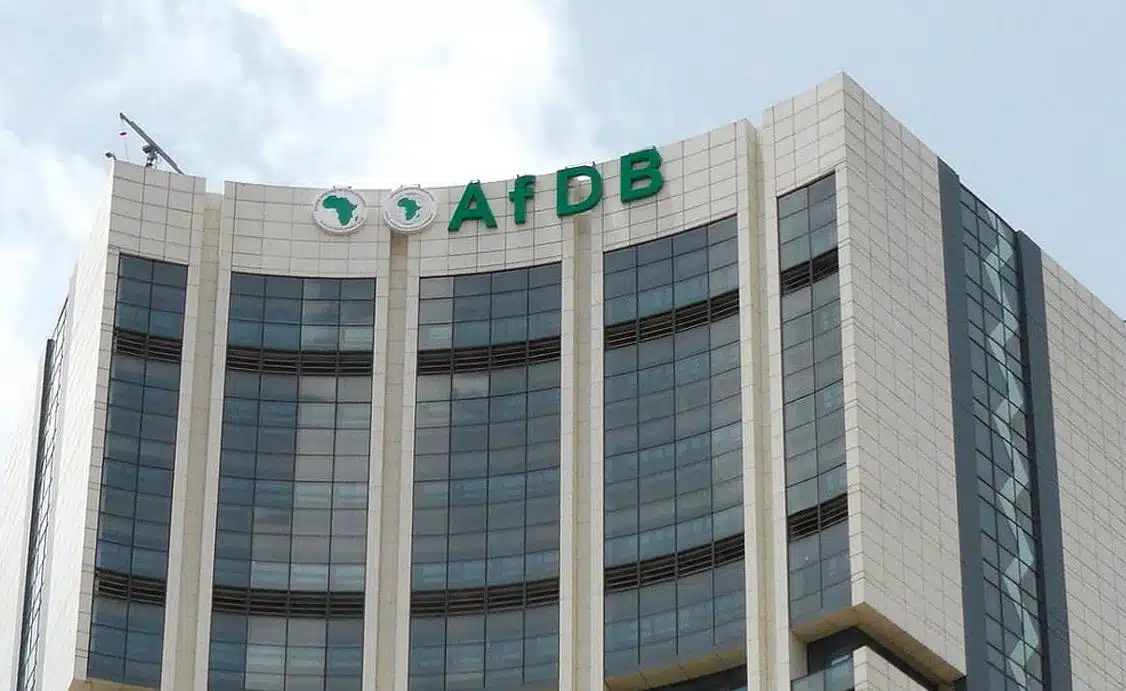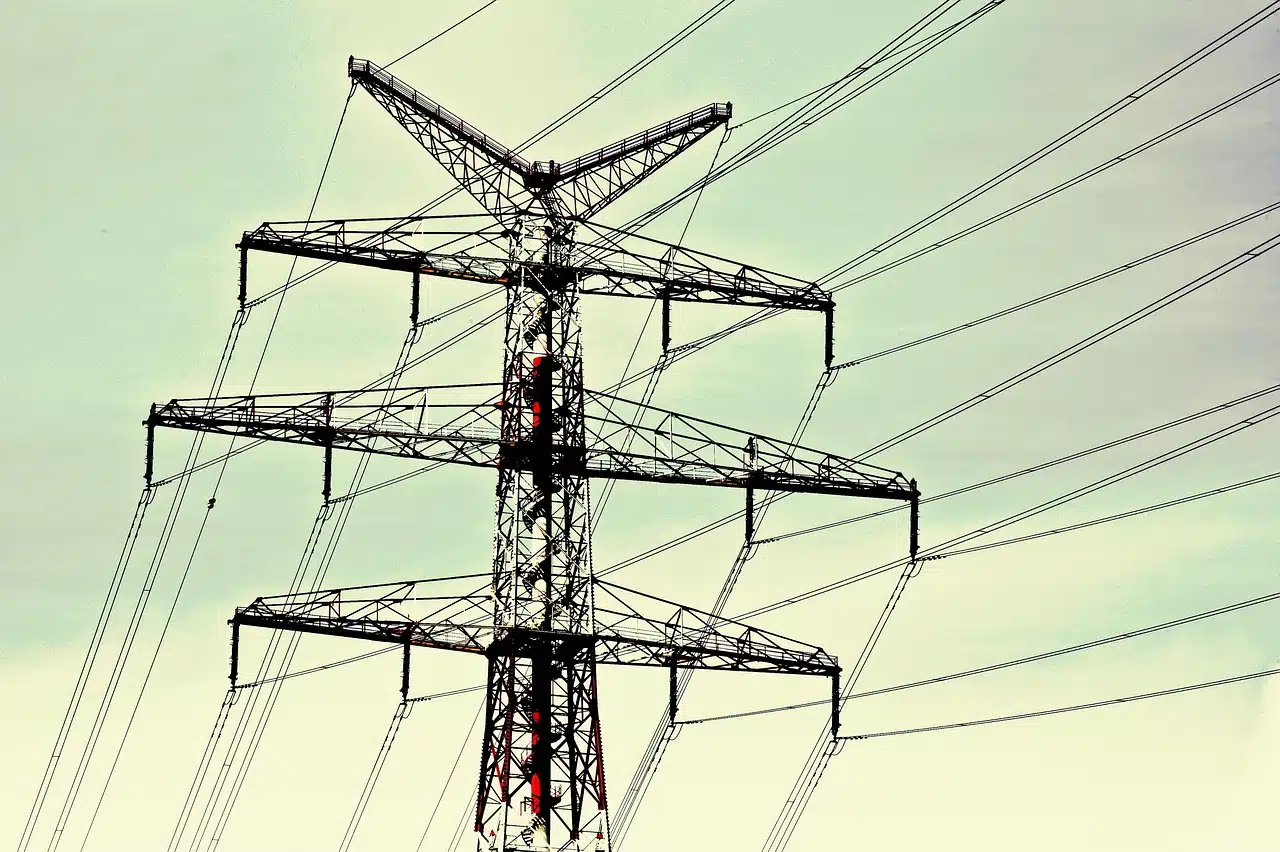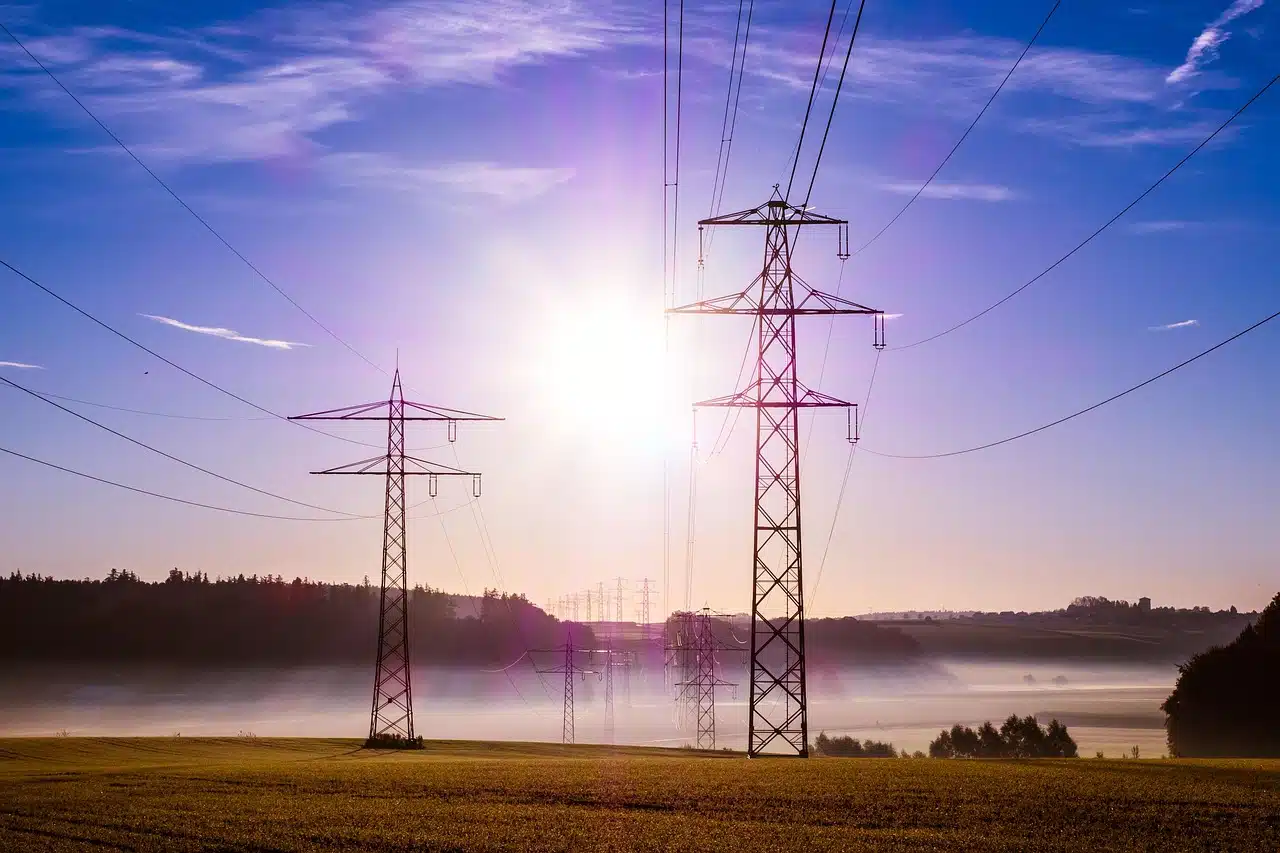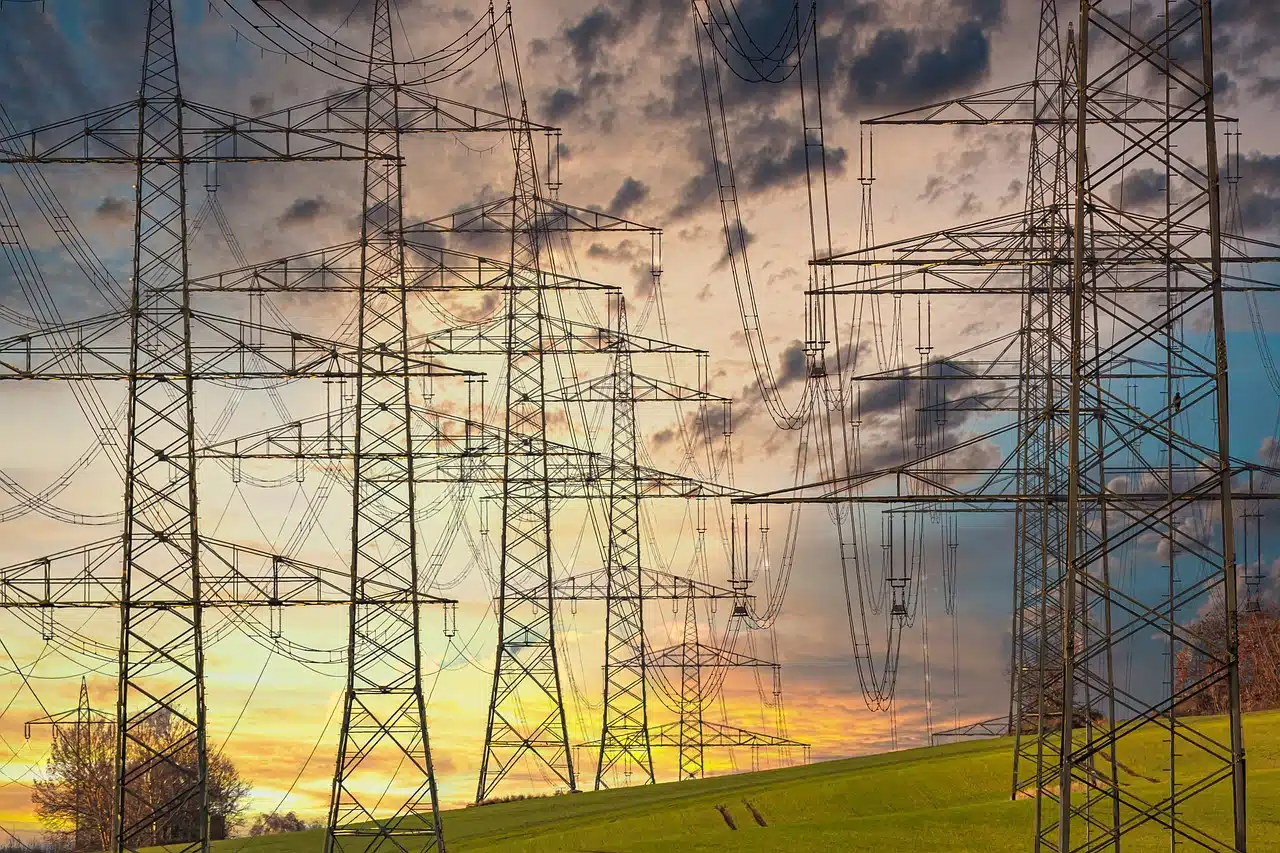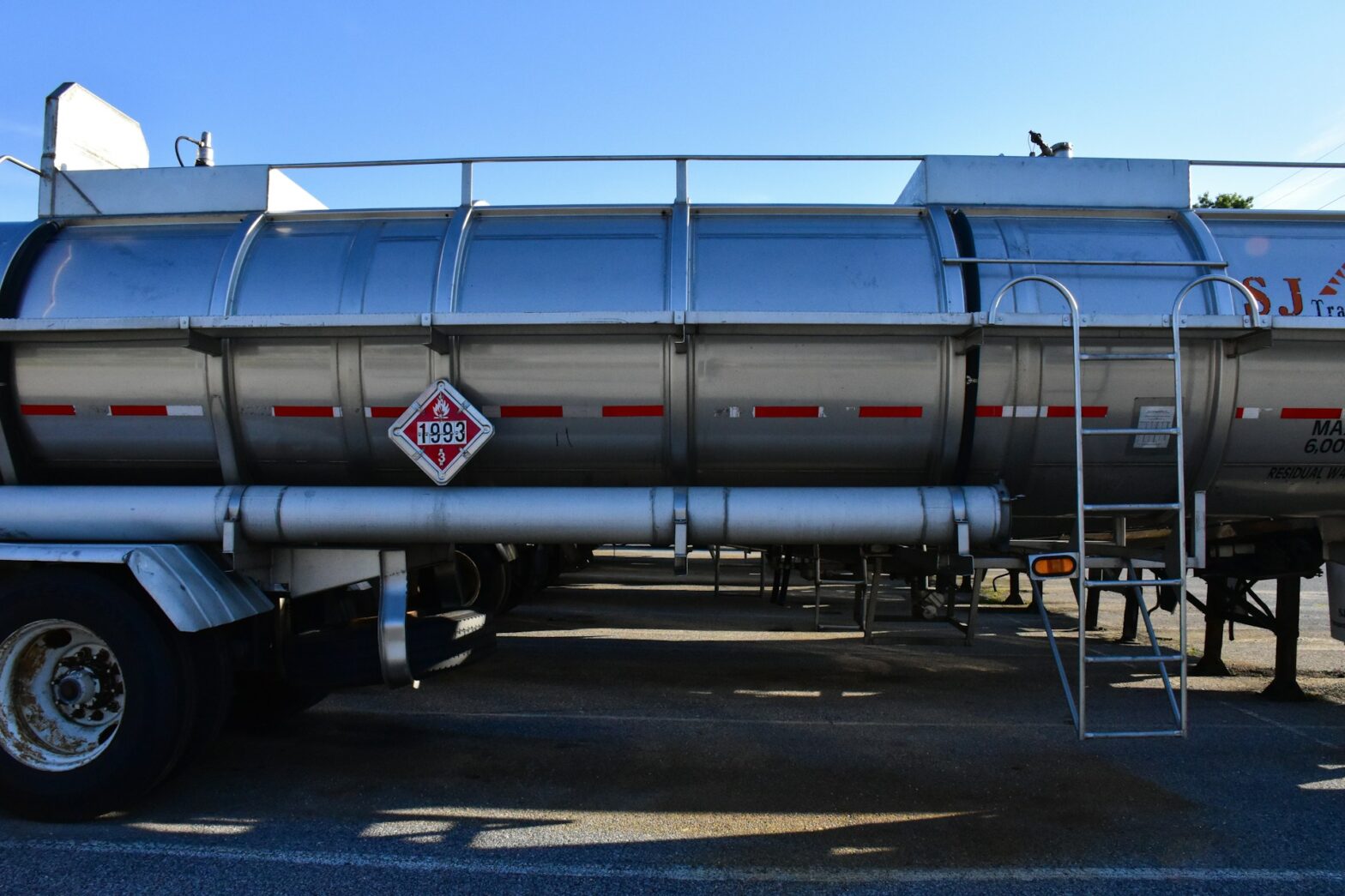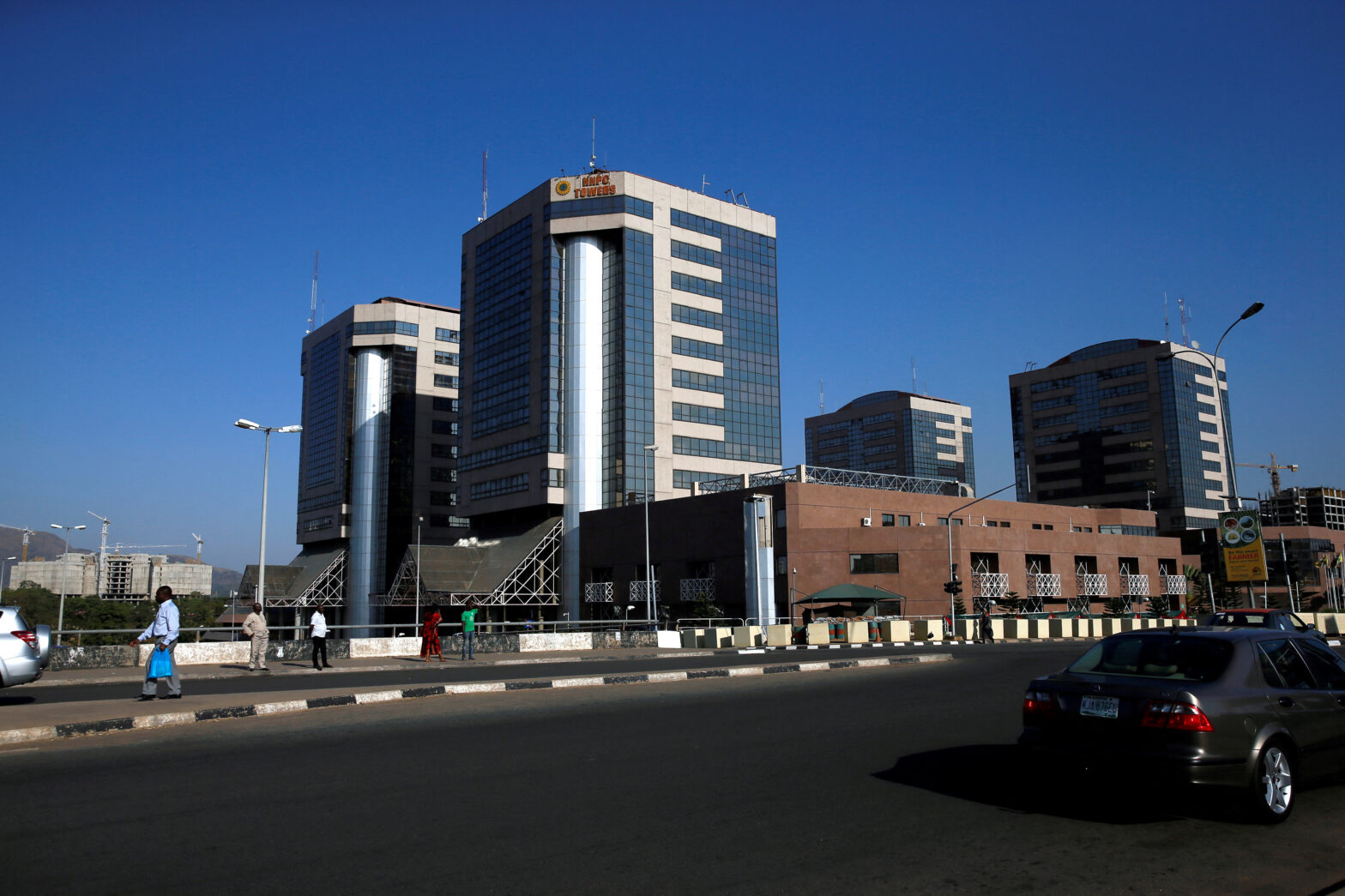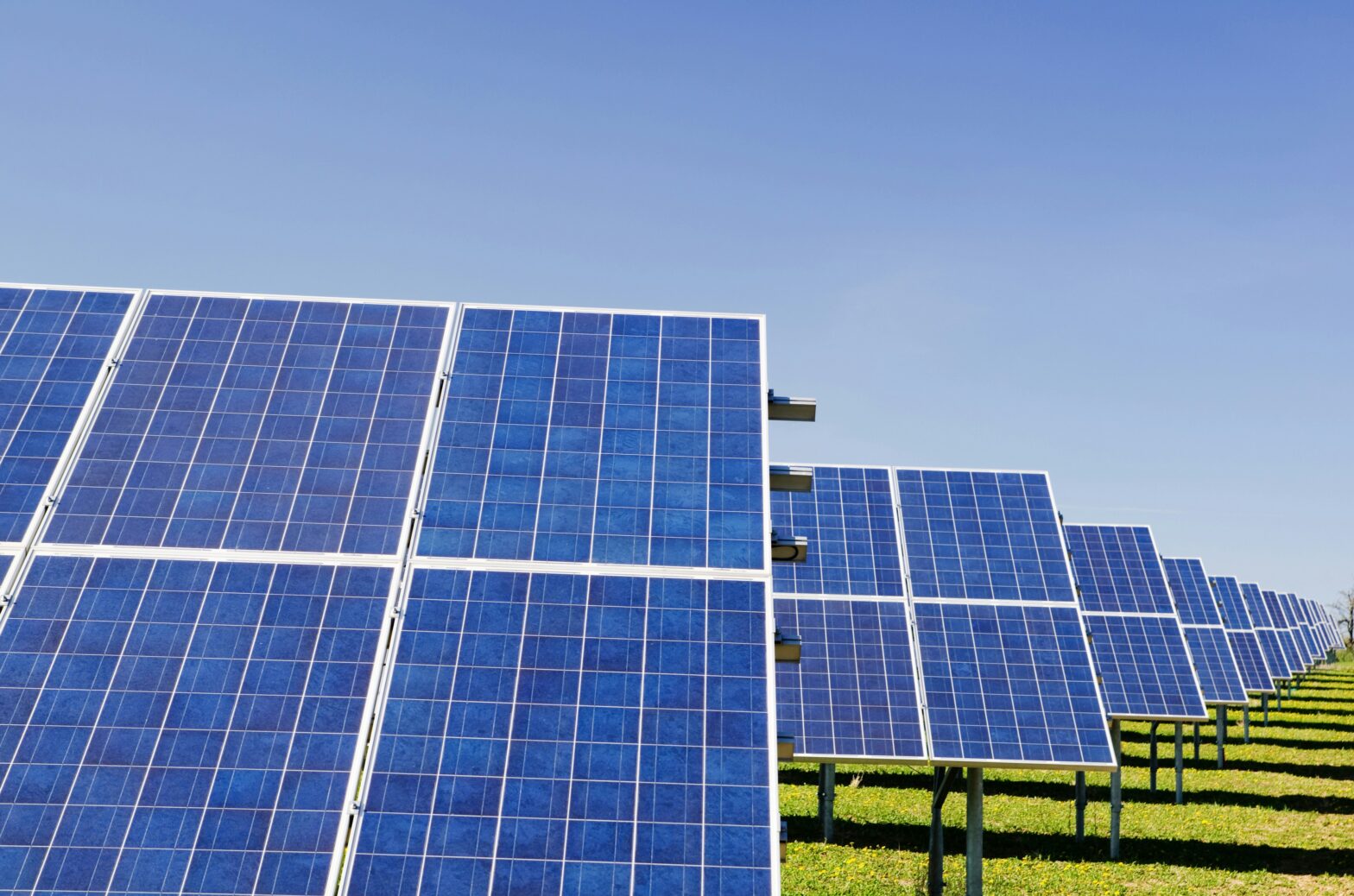The African Development Bank (AfDB) is working on mechanisms to boost access to local currency financing to support a new initiative aimed at providing electricity to 300 million people in Africa by 2030.
This was disclosed by the bank’s president, Akinwumi Adesina, during a conference in Dar es Salaam, Tanzania, where he unveiled the plan, known as Mission 300, alongside World Bank President Ajay Banga.
The initiative is expected to drive tens of billions of dollars into energy projects across the continent.
Speaking after the conference, Adesina noted that one of the biggest barriers to Africa’s electrification efforts has been the reliance on hard currency loans for energy infrastructure, which leaves developers vulnerable to exchange rate fluctuations.
“There is a mismatch in terms of the currency market risk,” he said, adding that the AfDB, with its $393 billion capital base, plans to introduce hedging instruments and establish local currency financing facilities to address the issue.
Meanwhile, to further support the initiative, the African Guarantee Fund (AGF), an institution backed by the AfDB and the governments of Denmark and Spain, will lead efforts to mobilize $5 billion for companies providing distributed renewable energy services such as mini-grids and solar home systems.
In a statement, the Fund said the financing would help businesses manage currency mismatches, high collateral demands, and limited access to long-term credit.
AGF plays an important role in advancing inclusive energy solutions by bridging finance gaps and fostering public-private partnerships.
Nations signed for Mission 300
At least 12 African nations that signed up for Mission 300 presented their electrification plans at the conference, with combined public and private investment commitments exceeding $115 billion.
For instance, Niger outlined a $1.77 billion budget, while the Democratic Republic of Congo detailed plans requiring $36 billion.
The projects include constructing power plants, expanding transmission networks, strengthening regional power grids, promoting off-grid solutions for remote communities, and reducing dependency on firewood and charcoal for cooking. More countries are expected to submit their plans in the coming months.
The AfDB has committed $4.1 billion to the first 12 signatories, while the World Bank will provide $8.2 billion. Banga stated in an earlier interview that total funding for the initiative across sub-Saharan Africa could reach $85 billion from various institutions and private sector investments by 2030.
Other financial commitments include $2.5 billion from the Islamic Development Bank, $1 billion from the OPEC Fund for International Development, $1.5 billion from the Asia Infrastructure Investment Bank, and €1 billion ($1.04 billion) from Agence Française de Développement.
Adesina stressed that attracting private sector investment would be key to achieving the program’s targets.
“We want to make sure that the policies and the regulations are structured in a way that encourages private sector investment,” he said. “It’s a very clear line of sight of exactly how we would get to those numbers by 2030.”

